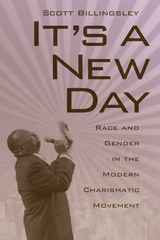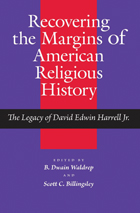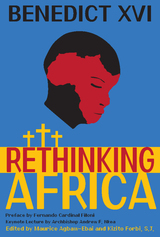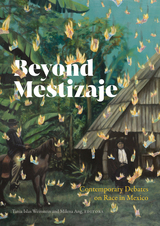2 books by Billingsley, Scott

It's a New Day
Race and Gender in the Modern Charismatic Movement
Scott Billingsley
University of Alabama Press, 2008
It’s a New Day chronicles the rise of women and African American evangelists in the independent charismatic movement in post-World War II America. Billingsley observes current figures such as T. D. Jakes, Joyce Meyer, and Creflo Dollar, who were deeply influenced by charismatic pioneers Oral Roberts and Kenneth Hagin. The evangelists adopted their ministry-building and prosperity gospel tactics and are notable for megachurches, televangelism, and health-and-wealth doctrines.
The modern charismatic movement has grown far more sophisticated and has become a truly international phenomenon, and Pentecostals and charismatics hold a wide variety of views on race and gender. Charismatic women ministers take to the pulpit, manage publishing empires, and lead the faithful in modern America. Similarly, both black and white charismatic ministers preach to integrated churches and hold integrated revivals, even while racial divides endure in the larger society. It’s a New Day contributes to our understanding and appreciation of one of the most vital sectors in current American religious life.
[more]

Recovering the Margins of American Religious History
The Legacy of David Edwin Harrell Jr.
B. Dwain Waldrep
University of Alabama Press, 2012
Normal0falsefalsefalseMicrosoftInternetExplorer4
Recovering the Margins of American Religious History, a celebration of the life and work of David Edwin Harrell Jr., brings together essays from Harrell’s colleagues, peers, and students that explore his impact and legacy in the field of American religious studies. Raised in an upper-class family in mid-twentieth-century Jacksonville, Florida, Harrell’s membership in the Church of Christ helped establish his sense of self as a spiritual outsider. This early exclusion from the Christian mainstream laid a foundation for Harrell’s pioneering studies of marginalized faiths, including the first stirrings of neo-fundamentalism and the diminishingly influential social gospel movement.
Harrell’s connections with these religious movements point to his deeper ongoing concerns with class, gender, and race as core factors behind religious institutions, and he has unblinkingly investigated a wide range of social dynamics. Combining an extensive knowledge of and long-standing passion for American religious history with a comprehensive understanding of the developing world, Harrell’s research and writings over his lifetime have produced compelling portraits of the American religious underclass, an increased integration of religion into the narrative of world history, and innovative new comparative studies in the healing and charismatic movements of the developing world.
Normal0falsefalsefalseMicrosoftInternetExplorer4
Contributors
Scott C. Billingsley / Wayne Flynt / James R. Goff Jr. / John C. Hardin / Samuel S. Hill / Richard T. Hughes / Beth Barton Schweiger / Grant Wacker / B. Dwain Waldrep / Charles Reagan Wilson
[more]
READERS
Browse our collection.
PUBLISHERS
See BiblioVault's publisher services.
STUDENT SERVICES
Files for college accessibility offices.
UChicago Accessibility Resources
home | accessibility | search | about | contact us
BiblioVault ® 2001 - 2024
The University of Chicago Press









